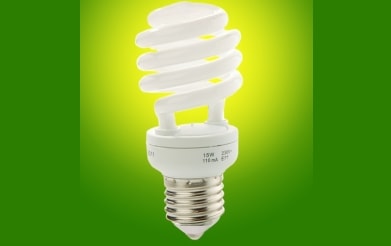
Recognizing India’s efforts towards a low emission-economy and focusing on energy efficiency programmes, the Global Environment Facility (GEF) has now partnered with Energy Efficiency Services Limited (EESL), under Ministry of Power, for the project ‘Creating and Sustaining Markets for Energy Efficiency’.
The project will receive a composite funding of $454 million comprised of the GEF grant of $20 million and co-financing of $434 million in the form of loans and equity, including a $200 million loan from the Asian Development Bank (ADB).
EESL further proposes Energy Efficiency Revolving Fund (EERF) for sustainable funding mechanism of energy efficiency projects in the country.
The EERF mechanism will support the ‘proof of concept’ investments for the new technologies of super-efficient ceiling fans, tri-generation technologies & smart grid-applications and ultimately scaling up energy efficiency financing and programme development.
This will help cover initial investment costs of identified energy efficiency programmes like street lighting, domestic lighting, five-star rated ceiling fans and agricultural pumps, in the country.
This unique model will help in addressing the upfront risks of new technologies. Further, the accrued savings from these technologies can then be used to finance additional projects, which would allow capital to revolve as a sustainable funding mechanism.
GEF: Know More- The GEF project further brings together many technical and financing partners including United Nations Environment (UN Environment), Asian Development Bank (ADB) and Kreditanstalt für Wiederaufbau (KfW).
- This aims to mitigate 60 million tons of CO2 eq (carbon dioxide equivalent), that will enable a total direct energy savings of 38.3 million GJ by 2022 and 137.5 million GJ by 2032 (1 GJ = 277.778 kWh).
- EESL also has its sights set on district cooling systems which can reduce energy demand for cooling by up to 50 percent. EESL has partnered with UN Environment’s District Energy in Cities Initiative, which has already identified $600 million of projects across five cities in India.
- GEF is an international partnership of 183 countries, international institutions, civil society organizations and the private sector that addresses global environmental issues.
- The funding announcement was made at the launch of the GEF-6 fund which supports two projects - ‘Creating Markets for Energy Efficiency’ and ‘District Energy in Cities’.